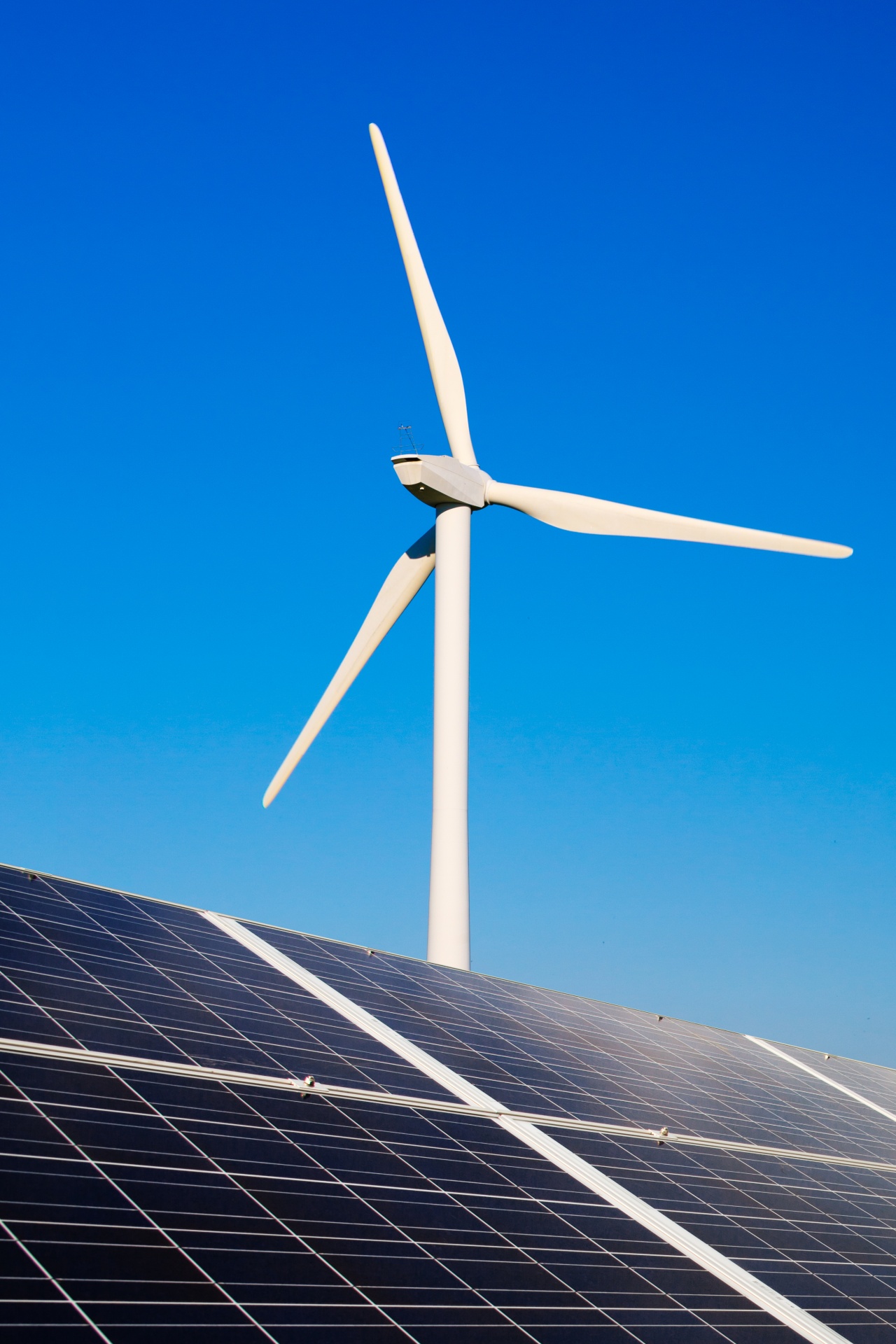As the world grapples with the challenges posed by global warming and environmental degradation, an energy transformation is in progress. Innovations in renewable energy are not just reshaping the way we think about power generation; they are paving the way for a sustainable future. From advanced solar technologies to cutting-edge wind energy systems, a wide variety of solutions is emerging, promising to reduce our reliance on fossil fuels and lower greenhouse gas emissions.
This article will examine the most promising technologies shaping the renewable energy sector. The future of energy is promising, with breakthroughs in solar, wind, hydropower, and other renewable sources, all contributing to a more environmentally friendly, more efficient energy landscape. Thanks to developments in energy storage, artificial intelligence, and smart grid technology, the integration of renewable sources is becoming more seamless, enhancing accessibility and efficiency. Join us as we uncover the innovations that are not only transforming the energy sector but also helping to create a better, more sustainable world for generations to come.
Cutting-edge Sustainable Energy Solutions
The landscape of sustainable energy is evolving rapidly, driven by a surge of novel technologies that promise to revolutionize our energy systems. One of the most promising advancements is in solar power solutions, where advancements in photovoltaic materials and designs are significantly boosting efficiency and affordability. Traditional solar panels are becoming more efficient thanks to new materials such as perovskite, which allows for higher energy conversion rates. Furthermore, the rise of buoyant solar farms, situated on reservoirs, is optimizing space and reducing evaporation while generating clean energy.
Wind energy is also experiencing transformative innovations with the development of more robust, more effective turbines and advanced offshore wind farms. These innovations are not only enhancing energy output but also cutting costs. New designs like vertical-axis turbines and upgrades in turbine construction are enabling increased power generation even in low-wind areas. Furthermore, advancements in wind energy storage and efficiency monitoring are ensuring that wind power can be more consistently integrated into our energy systems.
Hydropower remains a cornerstone of renewable energy, with innovations in turbine designs and small-scale hydro systems making it more feasible. Modern technologies are allowing for the utilization of low-flow river systems, extending the locations where hydropower can be practically utilized. Additionally, the integration of marine and wave energy is providing new avenues for utilizing the ocean's power, enhancing the diversity and resilience of renewable energy sources. As Solar PV continue to advance, they promise a future where renewable energy is more streamlined and sustainable, leading to a greener planet.
Sustainable Practices and Energy Conservation
The storage of energy is a critical component in the transition towards green energy systems, allowing for the effective use of clean sources like solar and wind energy. As these energy sources are naturally variable, the capacity to retain energy for use during generation is low enhances reliability and integration into the grid. Innovative storage solutions, such as next-generation battery technologies, are emerging to overcome these challenges, providing a means to maintain the balance between energy supply and demand.

Advancements in battery storage are unlocking new horizons in renewable energy sustainability. From lithium-ion to solid-state batteries, the advancements in performance, efficiency, and lifespan are making it feasible to store greater amounts of energy. This capability not only supports grid stability but also facilitates the deployment of additional renewable resources by lessening the effects of fluctuating energy production. As these innovations become more affordable and scalable, they serve a crucial role in fostering the widespread adoption of clean energy.
Additionally, intelligent energy storage systems attached with AI can optimize when to charge and discharge stored energy, enhancing efficiency and minimizing waste. These systems can respond to current data, guaranteeing that energy is used at the appropriate time and in the correct amount. By boosting energy storage capabilities, we can considerably enhance the effectiveness and adaptation of renewable energies, creating opportunities for a more sustainable and resilient energy future.
International Effects and Future Outlook
The global transition towards renewable energy has profound implications for environmental sustainability and economic stability. As regions strive to meet the rising demand for energy, embracing advancements in solar, wind, and various renewable sources is vital. The deployment of cutting-edge technologies has the potential to substantially reduce greenhouse gas emissions and lower reliance on fossil fuels. This transition not only mitigates climate change but also fosters energy independence, allowing countries to secure their energy supply from local sources.
In the future, the future of renewable energy appears bright, propelled by continuous innovations. Technologies such as AI and smart grids are improving energy efficiency and distribution, while advancements in battery storage are making it feasible to harness renewable sources consistently. The emergence of novel materials for solar panels and innovations in wind and wave energy converters are set to enhance productivity and reduce costs. As these technologies mature, they will play a pivotal role in transforming global energy markets and promoting sustainability.
Moreover, the integration of renewable energy into urban planning will enhance the viability of smart cities, creating collaborative ecosystems that focus on sustainability. Government policies and investments will continue to be crucial in advancing renewable technologies and facilitating infrastructure development. As we move towards 2025 and beyond, a collective commitment to addressing the challenges of climate change through renewable energy innovations will define a sustainable future for generations to come.
